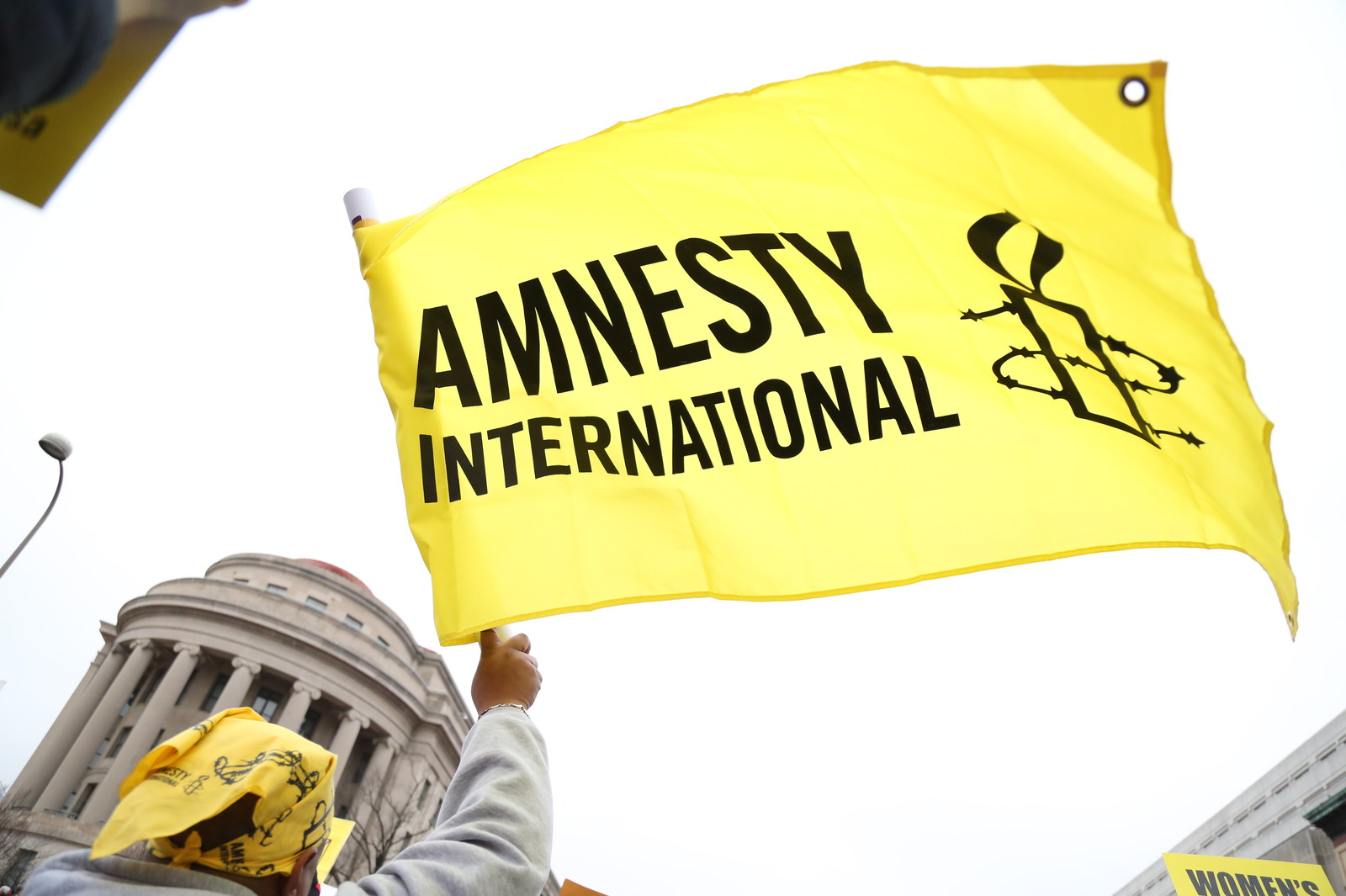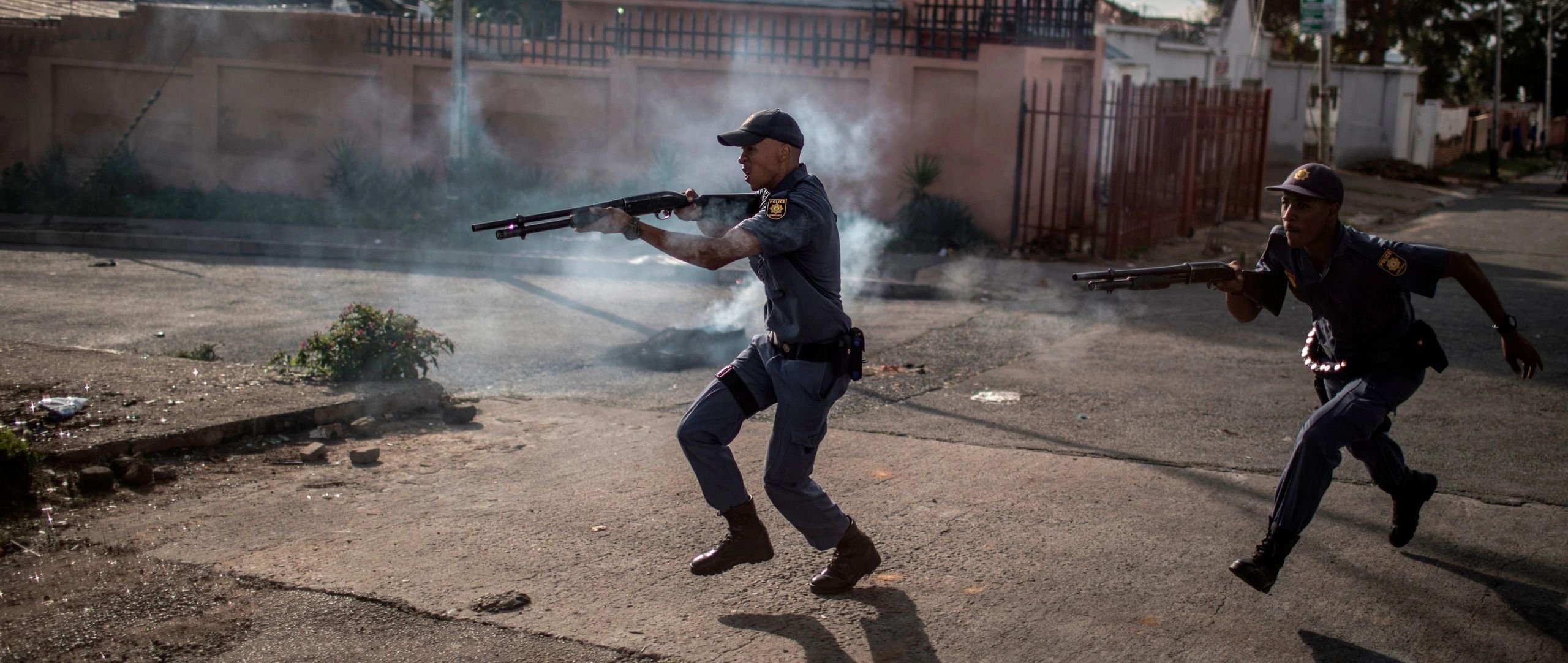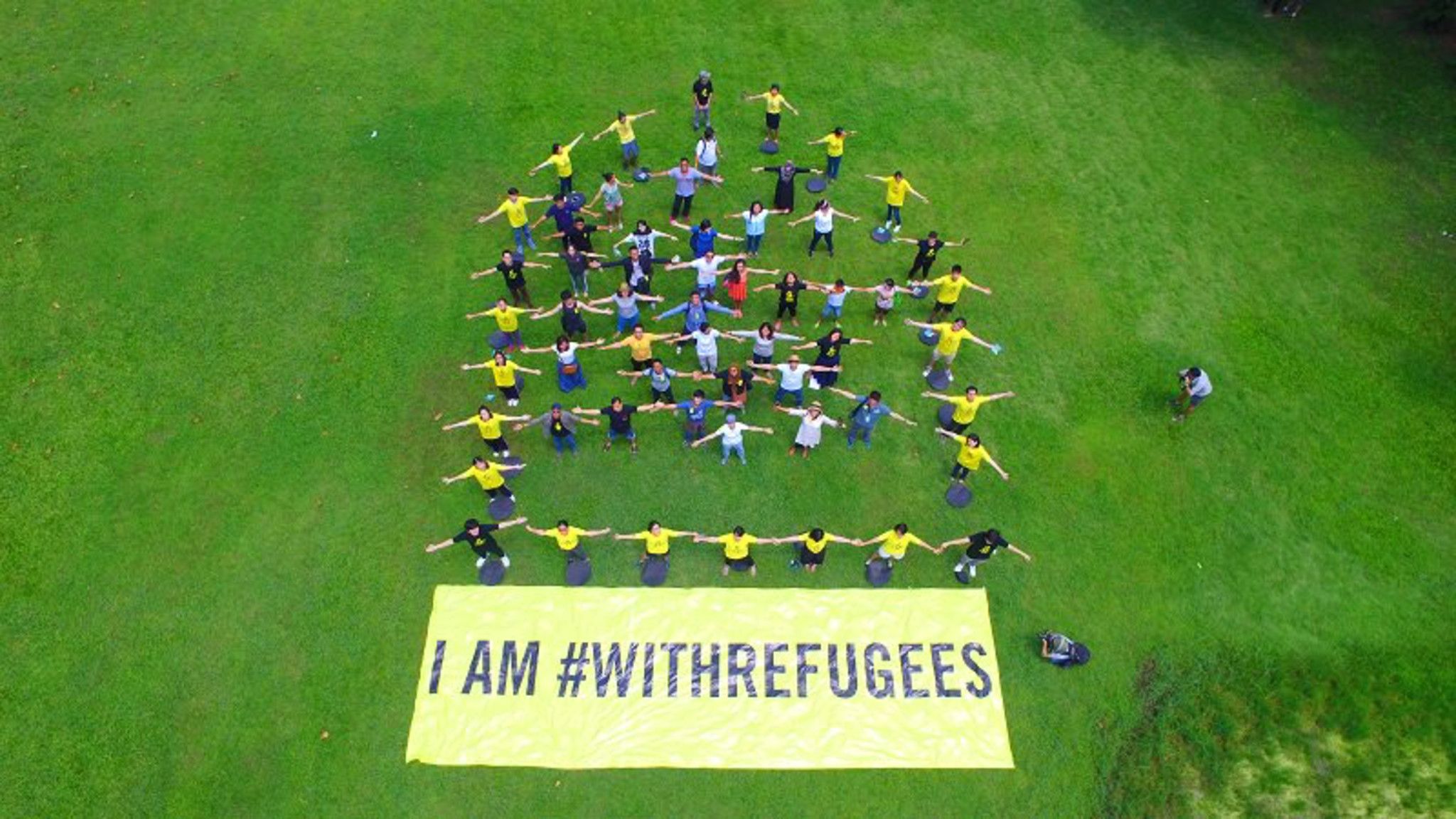Teen activist's landmark lèse majesté conviction sets worrisome precedent
23 November 2022
Amnesty International Thailand
Responding to the news that child human rights defender Thanakorn “Petch” was convicted of lèse majesté for participating in a peaceful protest when they were 17 years old and sentenced to a maximum of three years of detention in a training centre, Amnesty International Thailand executive director Piyanut Kotsan said:
“Petch is the first person to be convicted of lèse majesté or royal defamation as a child under 18, setting up a worrying precedent and creating a chilling effect for young protesters across Thailand who may want to express themselves by taking part in peaceful demonstrations.”
“While the juvenile court commuted the sentence and granted bail, the ruling could ultimately require Petch to be held in official custody and participate in mandatory training sessions for the duration of the sentence. Petch should have never been charged in the first place for their legitimate exercise of the right to freedom of expression.
“The conviction will not only deprive them of time and resources to pursue education like other young people of similar age, but also leave them with a criminal record that could hold up professional and other opportunities.
“Young people peacefully expressing their opinions, views and thoughts about the future of the country should not face jail time or restrictive measures that limit their day-to-day activities. Thai authorities must stop intimidating and surveilling child protesters and end criminal proceedings against them.”
Background:
On November 22, the Central Juvenile and Family Court delivered its ruling in the first case of lèse majesté involving a child human rights defender, LGBTI+ activist Thanakorn “Petch”. On 6 December 2020, 17-year-old Petch joined a peaceful protest in the Wongwian Yai area of Bangkok, Thailand. During the demonstration, Petch delivered a speech calling for reforms to the monarchy.
The court sentenced Petch to two years’ imprisonment, which was then commuted to “training” at a vocational and training center by the Department of Juvenile Observation and Protection of the Ministry of Justice or any other place determined by the court. The court determined that Petch shall be held in official custody to undergo the training for the minimum of one year and six months and the maximum of three years.
The Juvenile and Family Court has the authority to commute a prison sentence and order to keep a “juvenile” in custody for training over a period of time fixed by the Court, but not exceeding the amount of time by which the juvenile attains the age of 24 years. Section 143 of the Juvenile and Family Court Procedure Act permits that the court can determine the minimum and maximum period of training and make a decision to release the “juvenile” any time during this period.
Petch has now been released on bail set at 30,000 THB (around $830).
Petch started their activism as a secondary school student back in 2020. Since then, they have been vocally calling for the improvement of social welfare and educational equality, the protection of human rights defenders, and the halt of judicial harassment against peaceful protesters in Thailand.
Since 2020, an estimated 283 protesters under the age of 18 have been charged with a range of offenses, the majority under an Emergency Decree Act passed during the pandemic that has since been repealed.
Others face charges of lèse majesté, sedition and the dissemination of what authorities deem to be “false” information. Nearly 200 of these cases are still active.
Thailand is a state party to the International Covenant on Civil and Political Rights (ICCPR) and the Convention on the Rights of the Child (CRC). Both international human rights treaties guarantee children’s rights to freedom of expression and freedom of peaceful assembly under Article 19 and Article 21 for the ICCPR and Article 13 and Article 15 for the CRC, respectively.
The UN Human Rights Committee, the treaty body responsible for monitoring the implementation of the ICCPR, has expressed concerns regarding lèse majesté laws. It stated that all public figures, including those exercising the highest political authority, are legitimately subject to criticism and political opposition and that criticism of state institutions should not be prohibited.
During the Universal Periodic Review in 2021, Thailand has received various recommendations to uphold children’s rights to freedom of expression and peaceful assembly, including by avoiding the detention of minors for exercising these rights and ending arrests and prosecution of children under the lèse majesté law and other legislation related to security and public order. The Thai government has to date always rejected these recommendations, which would have strengthened their commitments to the country’s international human rights obligations.
For more information, please contact: press@amnesty.org




